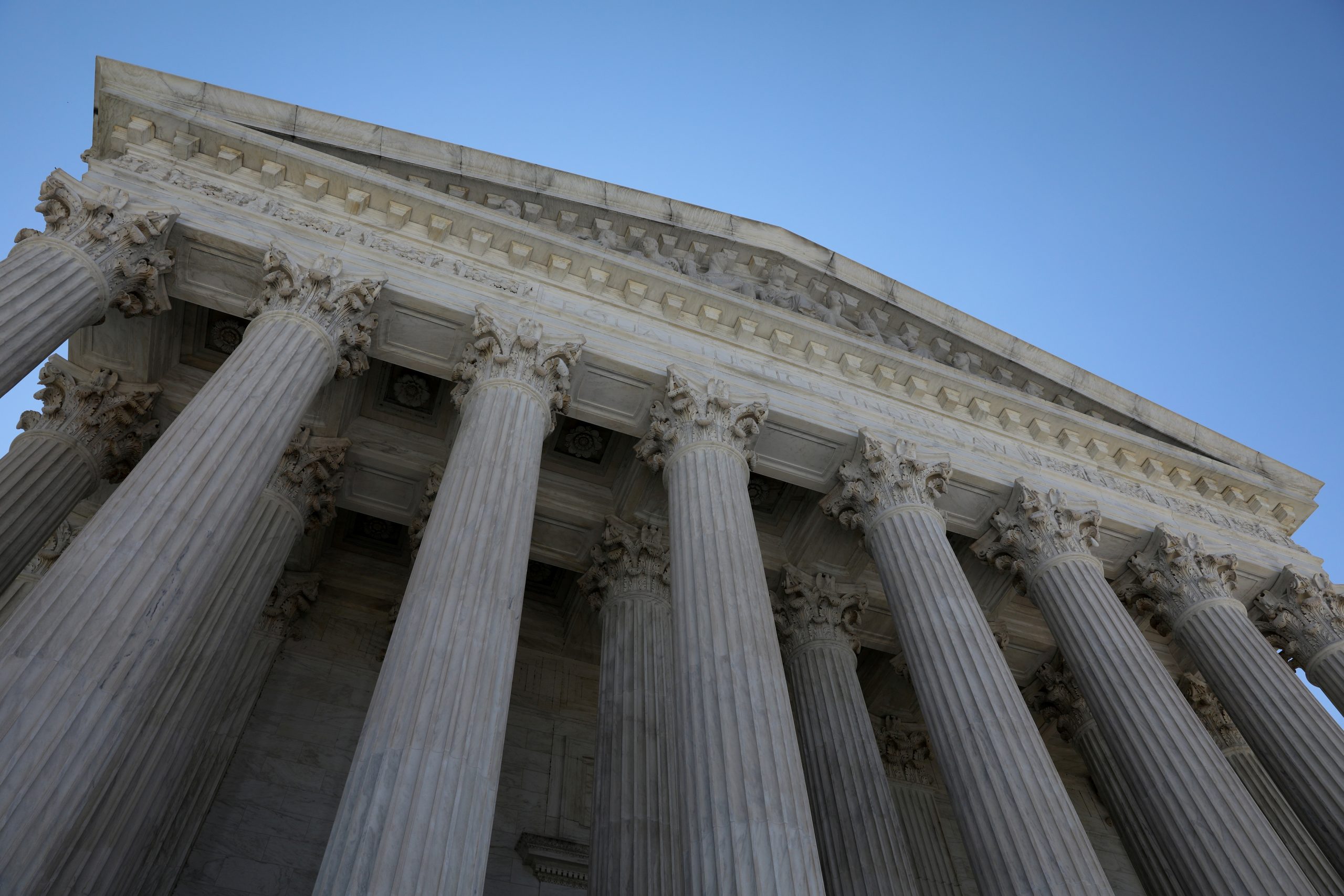The U.S. Supreme Court on Monday refused to free “electors” in the complex Electoral College system that decides the U.S. presidency from state laws that use penalties to force them to support the candidate who prevails in the state’s popular vote.
The justices unanimously declined to endorse the discretionary power of electors just months before the Nov. 3 president election. The justices ruled in favor of Washington state and Colorado, which had imposed penalties on several so-called faithless electors who defied pledges in 2016 to vote for the winner of their states’ popular vote, Democrat Hillary Clinton.
“The Constitution’s text and the nation’s history both support allowing a state to enforce an elector’s pledge to support his party’s nominee – and the state voters’ choice – for President,” Justice Elena Kagan wrote on behalf of the court.
Under the system set out in the U.S. Constitution in the 18th century, the winner of a presidential election is determined not by amassing a majority in the national popular vote but by securing a majority of electoral votes allotted to the 50 U.S. states and the District of Columbia.
In 2016, 10 of the 538 electors cast ballots for someone other then their state’s popular vote winner, an unusually high number that could have changed the outcome of five of the 58 previous U.S. presidential elections.
The justices on Monday upheld a decision by the Washington state Supreme Court that had found the $1,000 fines against three faithless electors to be lawful and did not violate the Constitution’s provisions that spell out the Electoral College process.
The justices also reversed a 2019 ruling by the Denver-based 10th U.S. Circuit Court of Appeals against Colorado’s cancellation of a faithless elector’s vote. Justice Sonia Sotomayor did not participate in the Colorado case.
(Reporting by Andrew Chung in New York and Lawrence Hurley in Washington; Editing by Will Dunham)

























 Continue with Google
Continue with Google